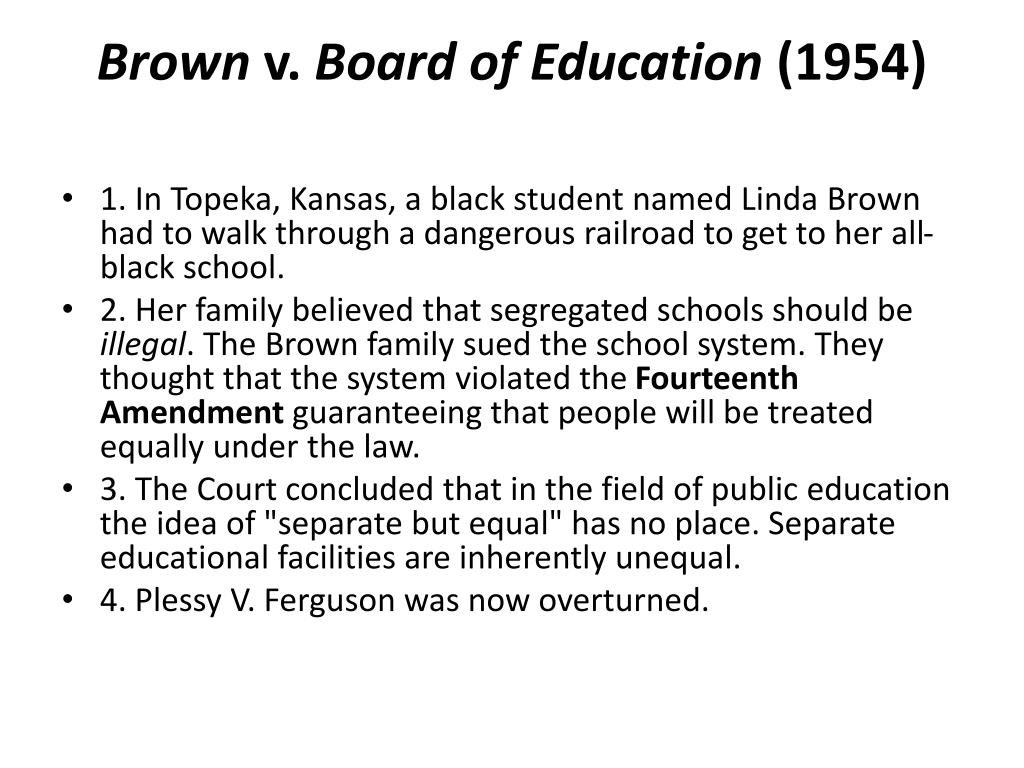

public diplomacy. When major Supreme Court cases are covered in the world press, they inform the understanding of peoples of other nations about the nature of American democracy.

1in 2007. He emphasized the historic importance of Brown, noting that the case “deeply affected not only Americans, but the world.†But the global significance of the case goes beyond Justice Breyer’s point that Brown enabled others to find a positive model in American racial justice. Brown is one example of the way American law plays a role in U.S. Justice Stephen Breyer referred to the global attention given to Brown in his dissent in Parents Involved in Community Schools v.

The global reaction to Brown was also noted in American news coverage. The decision would “stun and silence America’s Communist traducers behind the Iron Curtain,†argued the Pittsburgh Courier, an African American newspaper, for it would “effectively impress upon millions of colored people in Asia and Africa the fact that idealism and social morality can and do prevail in the Unites States, regardless of race, creed or color.†Board of Education made headlines, not only in American newspapers, but also around the world. “At Last! Whites and Black in the United States on the same school benches,†was the headline in Afrique Nouvelle, a newspaper in French West Africa (now Senegal). In India, the Hindustan Times noted that “American democracy stands to gain in strength and prestige from the unanimous ruling†since school segregation “has been a long-standing blot on American life and civilization.â€Â For the Sydney Morning Herald in Australia, Brown would “go a long way toward dissipating the validity of the Communist contention that Western concepts of democracy are hypocritical.â€
/90000872-56a939763df78cf772a4ec31.jpg)
Dudziak, professor of law and legal history at the University of Southern California Gould School of Law and founder of the Legal History Blog. Professor Dudziak has published a book on Thurgood Marshall, a book on civil rights during the Cold War, and multiple articles on desegregation and the Court. The following is an essay for our Race and the Supreme Court program by Mary L.


 0 kommentar(er)
0 kommentar(er)
